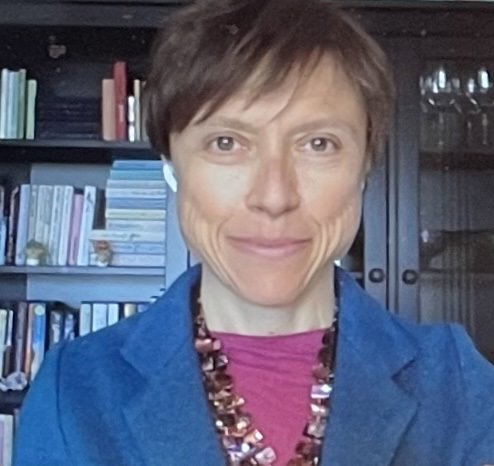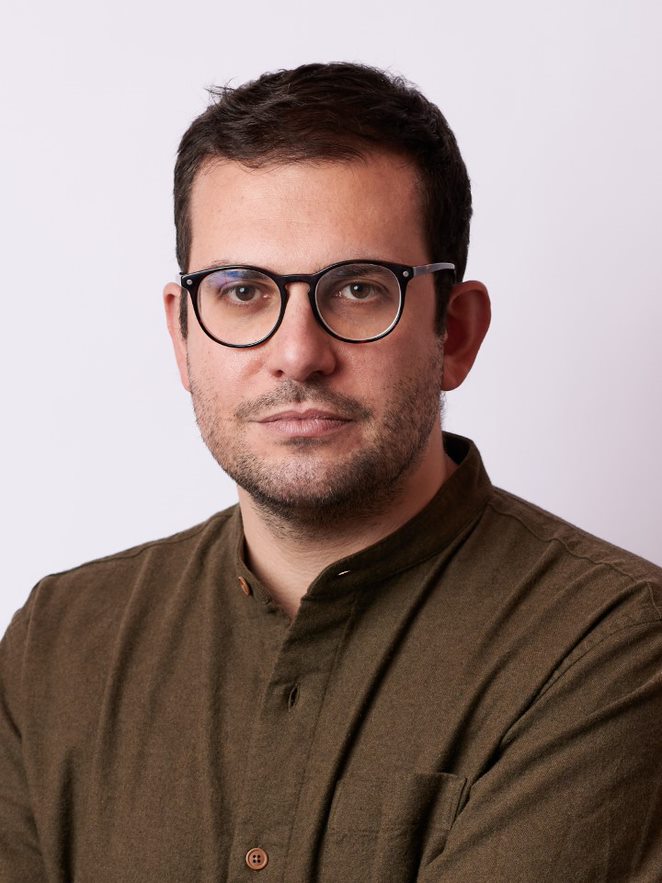Members
Emanuela Ceva (Principal Investigator) is a Professor of Political Theory at the University of Geneva. She specializes in political philosophy, with a particular interest in the normative theory of institutions as concerns issues of justice, democracy, corruption, trust, and the political role of moral emotions. She has held visiting fellowships, among others, at the universities of Oxford, St. Andrews, Montréal, Hitotsubashi (Tokyo), KU Leuven, and Harvard. In 2018, she received a Fulbright Scholarship in philosophy. She has directed and participated in many international research projects. Currently, she is also Principal Investigator of the SNSF project EnTrust - Endogenous Institutional Trustworthiness. Her articles have appeared in such journals as, inter alia, the American Journal of Political Science, Journal of Political Philosophy, Philosophy Compass, Journal of Applied Philosophy, Politics, Philosophy & Economics, European Journal of Philosophy. She is the author of the book Interactive Justice (Routledge 2016) and co-author of Is Whistleblowing a Duty? (Polity 2018). Her most recent book (co-written with Maria Paola Ferretti) is Political Corruption. The Internal Enemy of Public Institutions (Oxford University Press 2021). She is Editor-in-Chief of Ethical Theory and Moral Practice, Associate Editor for Political Theory of the Journal of Politics, and a founding member of the Swiss Political Theory Network.

Michele Bocchiola is Senior Researcher and Lecturer at the University of Geneva. Previously, he held research positions at the University of Pavia, Luiss University of Rome, and the University of the Witwatersrand (Johannesburg), where he also taught ethics and political philosophy. His research interests include contemporary political philosophy and applied ethics. His publications include essays on the ethics of whistleblowing, the work of J. Rawls and G.A. Cohen, the problem of cultural diversity in Western societies, the moral and political foundations of privacy. These works have been the object of publications in such journals as Journal of Political Philosophy, Philosophy Compass, The Journal of Value Inquiry, and a co-authored book on Is Whistleblowing a Duty? (Polity 2018).
Michele Bocchiola cooperates with the PI to liaise between this project’s and the EnTrust-Endogenous Institutional Trustworthiness research teams, exploring possible relations between the institutional dimension of trust and institutional dysfunctions in quasi and nonpublic institutions.

Patrizia Pedrini is Senior Researcher at the University of Geneva. Previously, she held research and/or teaching positions at the University of Florence, Siena, and Stanford. She has taught courses on topics at the crossroads between philosophy, psychology, cognitive science, ethics. Grown within the tradition of analytic philosophy and conceptual analysis, vis-à-vis a close dialogue with empirical sciences, her research interests include issues of human rationality and irrationality, self-knowledge, self-interpretation, self-ignorance, and self-deception, and their impact on individual and social life. She is the author of two monographs, one on self-knowledge (Prima persona. Epistemologia dell’autoconoscenza, ETS 2009) and the other on self-deception (L’autoinganno. Che cos’è e come funziona, Laterza 2013). With Julie Kirsch, she co-edited Third-Person Self-Knowledge, Self-Interpretation, and Narrative (Springer 2018).
In cooperation with the PI, Patrizia Pedrini studies the methodological issues related to the conceptualization of political phenomena, as well as the techniques of concept amelioration (such as conceptual engineering). The study focuses on the concept of corruption and its extension to domains other than democratic and public settings. With the PI, she analyses the various forms of corruption of institutions and their conceptual and normative relations to deficits of office accountability.

Serkan Şeker is a postdoctoral researcher at the University of Geneva. He studies civil-military relations, public administration and policy, political corruption, authoritarianism and Turkish politics. He has graduated from the School of Political Science and Public Administration (Mülkiye) at Ankara University before obtaining, in 2007, a Master’s degree in European Studies from the University of Exeter. He worked as a district governor and deputy provincial governor in different regions of Turkey for over 12 years. In 2021, he obtained a PhD in Political Science from the University of Exeter with a thesis entitled: "Civil-military relations in Turkey: an historical study of foundation, tutelage, and transformation."
Serkan Seker’s primary role in the project is to conduct empirical research on accountability practices and corruption in a hybrid regime and a personalist authoritarian polity. The research employs qualitative research methods such as participant observation and face-to-face interviews.

Matthieu Debief is a PhD candidate in Political Science at the University of Geneva where he has previously obtained a BA and a MA in Political Theory under the PI’s supervision. He received two awards for his MA thesis "The philanthropic authority: what defines philanthropy and how it relates to democracy" (2021 School’s best Master Thesis; 2021 Department’s best Master Thesis) as well as a prize for his outstanding achievements during his Master’s degree. His PhD project is entitled ‘‘What should be the role of nonprofit organizations in a liberal democratic state’’. It consists of an in-depth analysis of the structure of the authority of nonprofit organizations. It also discusses how the political contribution of these organizations could be made compatible with the liberal democratic normative commitment to respecting citizens’ equality of opportunity to participate in the decision-making process.
In this project, Matthieu Debief works on nonprofit organizations. At the conceptual level, he explores the analogies and disanalogies in the interpretation and assessment of corruption in public and quasi/nonpublic institutions. At the normative level, he assesses the kinds of standards that make the corruption of institutions wrong, more precisely the tension between the deontological and consequentialist normative assessments of corruption beyond the margins of public institutional action.

Francesco Chiesa works at the University of Geneva as Grant Manager and Research Coordinator of the SNSF Advanced Grant ‘‘The Margins of Corruption’’ project. After obtaining an MA in Political Theory at the University of Pavia and a PhD in Political Philosophy at the University of South Wales, he held research, administrative, and teaching positions at the Universities of Pavia, Milano, Dundee and Trento. His research interests include theories of recognition; respect, toleration and self-respect; implicit bias; moral responsibility; citizenship, pluralism and multiculturalism.
Besides managing the grant and coordinating the project’s research activities, Francesco Chiesa is responsible with the PI for the ethics review of the fieldwork.


